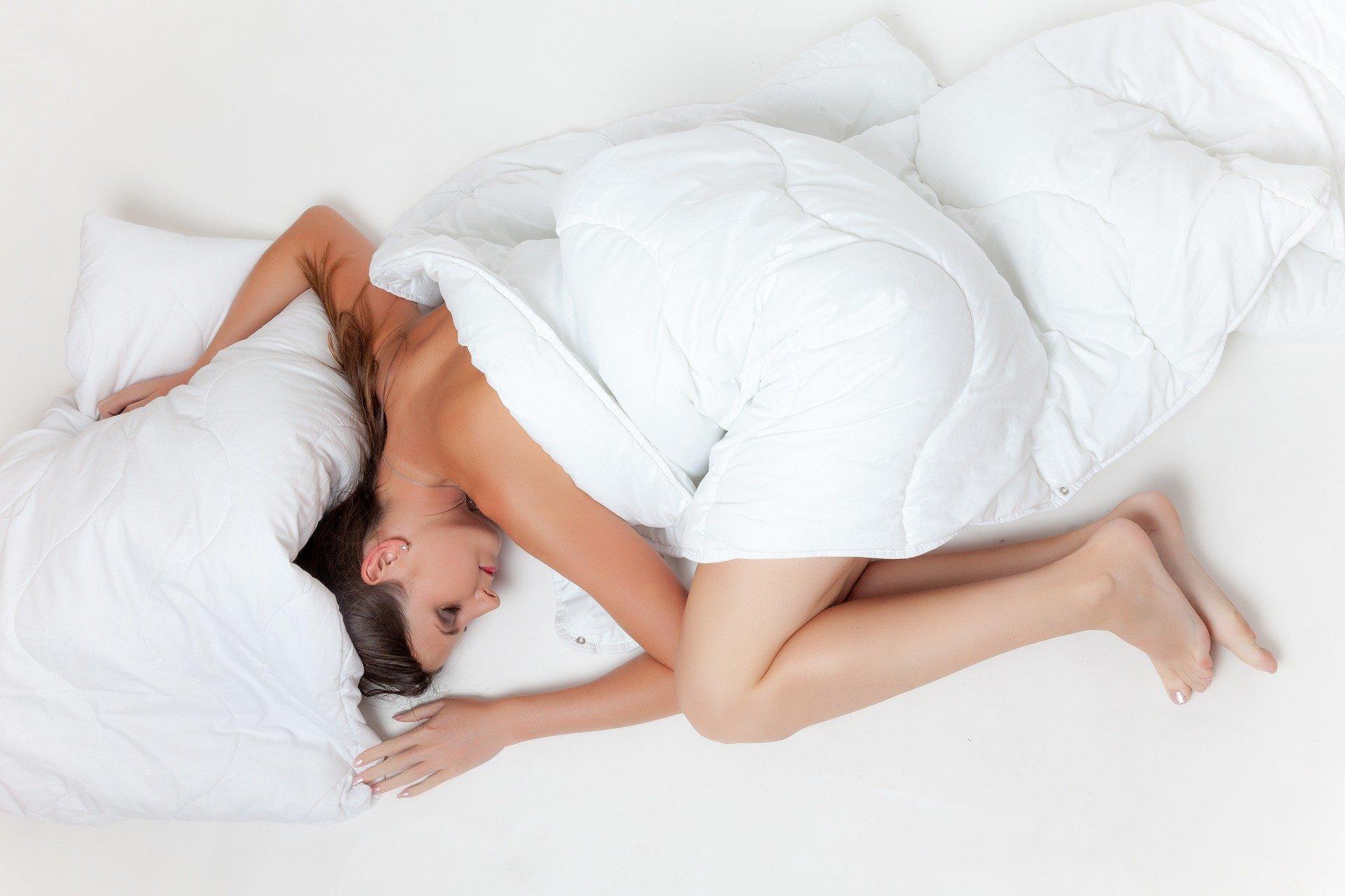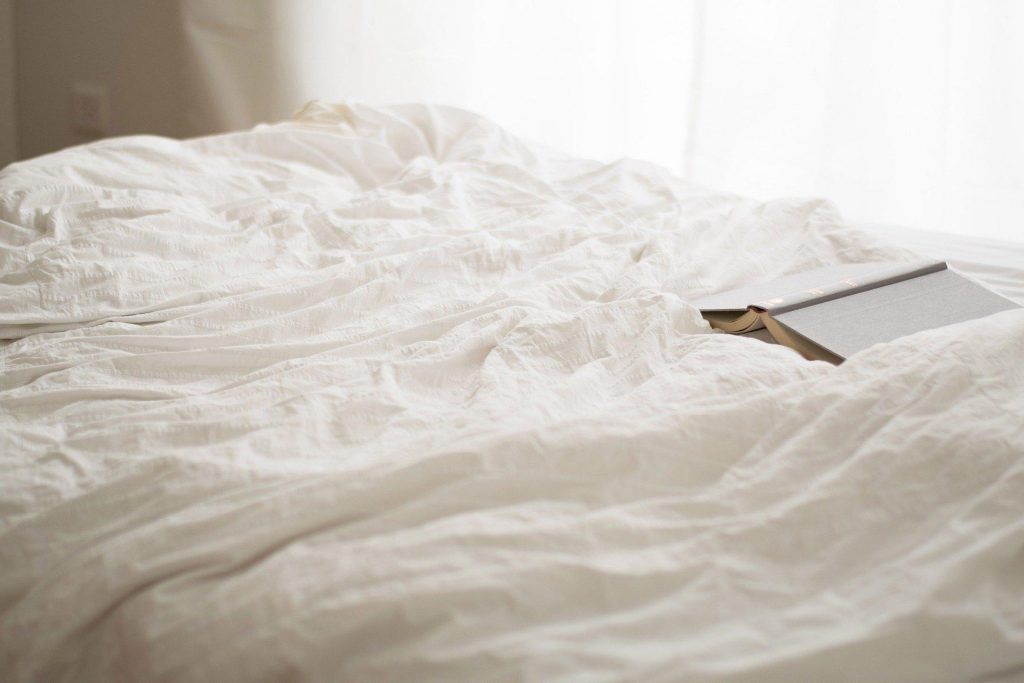Sleep is so important to your body’s physical and mental health. While sleeping the recommended 7 to 8 hours a night can help improve your approach to your waking hours, there are unexpected ways that your sleep can be affecting your health–from joint pains to wrinkles.
One simple way to optimize your sleep is to pay attention to your body’s natural sleep posture and how it affects your body. By noticing the relationship between your sleep posture and your body’s response, you can discover the best bedtime sleeping position for better health.
- Sleeping on your back
Sleeping on your back is the position that provides the most health benefits for your body. Gravity is your friend, as it helps to evenly align your body, without adding extra curves to your sleeping posture. By spreading the alignment of your body, any nagging pressures or soreness you experience during your waking hours can be reduced while you sleep. Additionally, sleeping with your head elevated above your stomach can help to improve acid reflux.
If you’re trying to eliminate wrinkles and keep your skin looking fresh, sleeping on your back is optimal for keeping your face off of the pillow. Sleep already does wonders to keep you looking young and healthy, but by sleeping on your back, you can take even more cosmetological years off.
However, if you fall into the category of those who snore, this may not be the best sleeping position for you. Snoring is typically most severe while sleeping on your back.
- Sleeping on your side
Sleeping on your side has its advantages and disadvantages. Sleeping on your side can help to reduce snoring. If you find yourself struggling with digestive issues, sleeping on your side can help ease digestion. It can also reduce the effects of heartburn.
However, consistent sleeping on your side can cause stiffness in your shoulders. Similarly, if
you notice your arms falling asleep at night, this is likely related to your sleep posture. While sleeping on your stomach or back can help alleviate that pins and needle feeling in your shoulder, adjusting the elevation of your body can allow you to continue to sleep on your side without necessarily changing your sleeping posture.
Sleeping on your side can cause wrinkles as you press your face into your pillow causing a
“smushed face” effect. Repeated smushing of the face can lead to wrinkles; silk or satin pillow
cases can be beneficial for relieving some of those facial lines. Additionally, sleeping
on one side can cause tightness in your jaw. If you notice one side of your jaw feeling tighter than the other, try flipping over to the other side, or to your side, or back.
- Fetal position
If you’re experiencing lower back pain, sleeping in the fetal position can help to alleviate some of that pain. As you can imagine, this can benefit pregnant women who are susceptible to that lower back pain. Additionally, sleeping on your side can help reduce snoring.
- Sleeping on your stomach
Many of the downsides of sleeping in the fetal position are dependent on how tight you’re holding your body as you sleep. If you are holding your body too tight in a curved position, it can become difficult to practice deep breathing while you sleep. If you are already experiencing joint pain in your waking life, the tightness of the fetal position can cause further soreness in your joints. Sleeping in a less tightly curled position can help loosen up your joints.
Unfortunately for those stomach sleepers, sleeping on your belly can cause the most damage to
your body overnight. Most commonly, sleeping on your stomach can cause neck and back pain.
However, the pain doesn’t stop there. Sleeping on your stomach can add unnecessary strain to your muscles and joints during your resting hours. If you notice yourself waking up with added muscle or joint pain, you may want to reconsider your sleeping style.
However, sleeping on your stomach can be beneficial for those who snore, or those with sleep apnea.
-
Sleeping on your stomach
While it may be easy to fall right into your natural sleeping position, monitoring the effects of your sleep posture on your physical health and adjusting your sleep posture accordingly can turn your good night’s rest into a great night’s rest.




